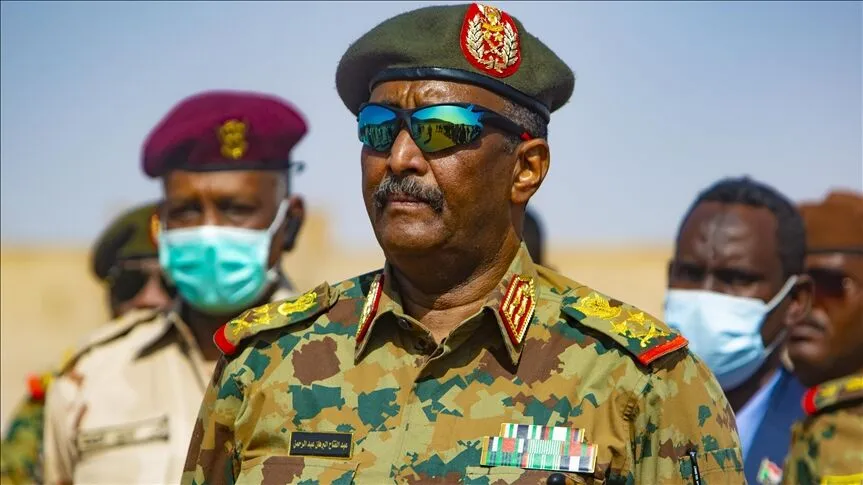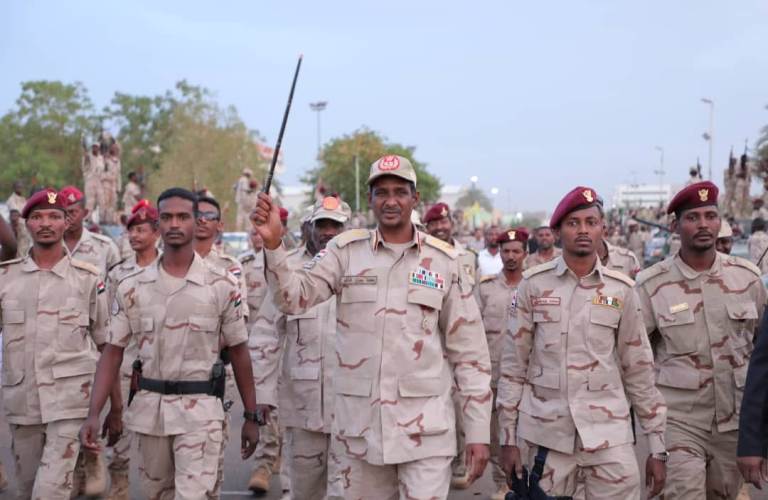On the morning of April 27, 211 Ugandans touched down aboard a Uganda Airlines plane at Entebbe Airport. The Ugandans had lived and worked in the Republic of Sudan, where days before intense fighting broke out between the forces of the transitional government and the paramilitary Rapid Support Forces (RSF).
Evacuation of the Ugandans was ordered by President Yoweri Museveni when many countries took quick action to get their citizens out of the war zone, where more than 100,000 people have fled since the fighting broke out.
According to figures provided by the UN, a further 334,000 people have been displaced internally in Sudan.
To date, fighting continues in the capital, Khartoum despite a ceasefire due to be in force. By the evening of Tuesday May 2, the two army Generals at the centre of the war, Gen Abdel Fattah al-Burhan, the country’s president and his deputy and leader of the RSF, Gen Mohamed Hamdan Dagalo, better known as Hemedti. The two leaders have been at a vicious contention since the 2021 coup that saw long time leader Gen Omar el Bashir deposed and jailed. Sudan has since been ruled by a council of generals, led by the two soldiers.
Burhan and Hemedti have disagreed on the direction the country is going and the proposed move towards civilian rule as well as plans to integrate the 100,000-strong RSF into the army, and who would then lead the new force.

The BBC quotes Hemedti saying in a series of tweets, that Gen Burhan’s government were “radical Islamists” and that he and the RSF were “fighting for the people of Sudan to ensure the democratic progress for which they have so long yearned”. While Gen Burhan has said he supports the idea of returning to civilian rule, but that he will only hand over power to an elected government. Civilians continued to campaign for the introduction of democracy.
The BBC reports that shooting began on 15 April following days of tension as members of the RSF were redeployed around the country in a move that the army saw as a threat. The fighting swiftly escalated in different parts of the country with more than 400 civilians dying, according to available data.
It is reported that the RSF fighters operate in densely populated areas, drawing civilians into the conflict. The Sudanese air force has mounted air strikes in the capital, a city of more than six million people, which is likely to have led to civilian casualties.
Who are the RSF
Formed in 2013 by then President Bashir, the fighters have their origins in the notorious Janjaweed militia, accused of ethnic cleansing in Darfur. Hemedti has since built the RSF into a powerful force that has intervened in conflicts in Yemen and Libya. Such a strong force outside the army has been seen as a source of instability in the country. Hemedti has used the force to gain control of major gold mines across the country.

The RSF has been accused of human rights abuses, including the massacre of more than 120 protesters in June 2019.
Diplomatic efforts are being stepped up to try and get the warring parties to the negotiating table, with fears that the fighting could further fragment the country, worsen political turbulence and draw in neighbouring states. The interventions are geared at getting the two generals to talk.
Soon after the fighting began the regional Intergovernment Agency for Development (IGAD) bloc agreed to send three presidents – from Kenya, South Sudan and Djibouti – to Khartoum, this is set to happen.
In his presentation at the IGAD meeting in April, Uganda’s President Museveni, himself a war veteran, condemned the fighting as unnecessary. “I really condemn all this misuse of force in a situation which needs dialogue.”
Museveni questions the motive of the fighters arguing that their objectives are illegitimate. “We must discover who is pursuing illegitimate aims in the Sudan situation- aims which are not principled. Who is it? These wars don’t only kill people. They also kill the future of the people.”